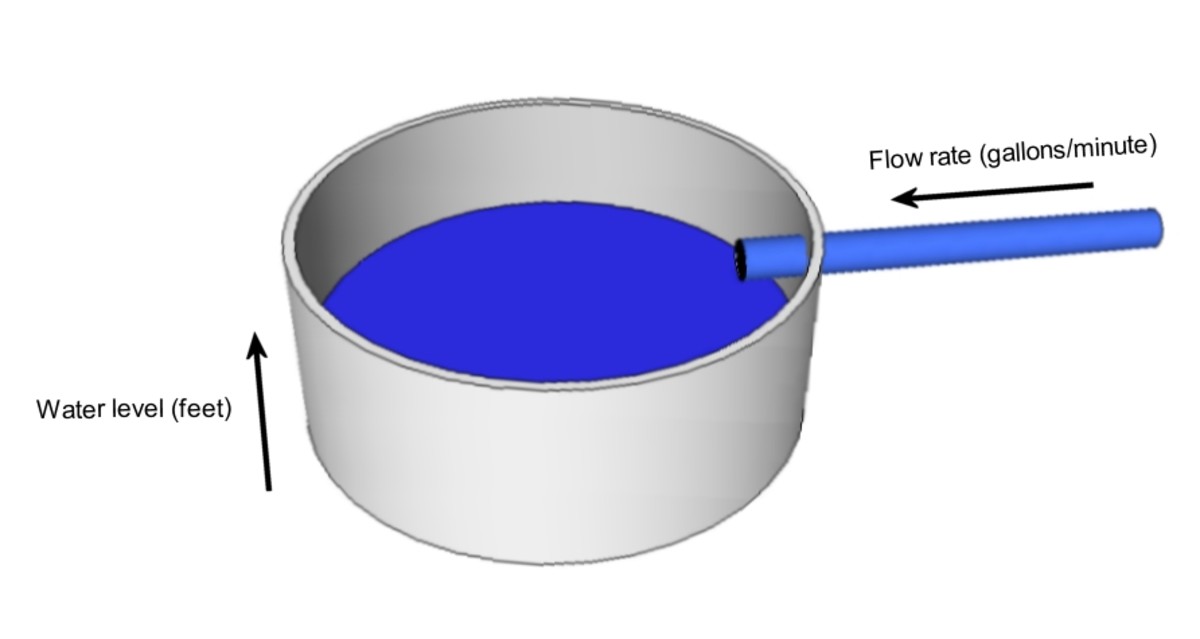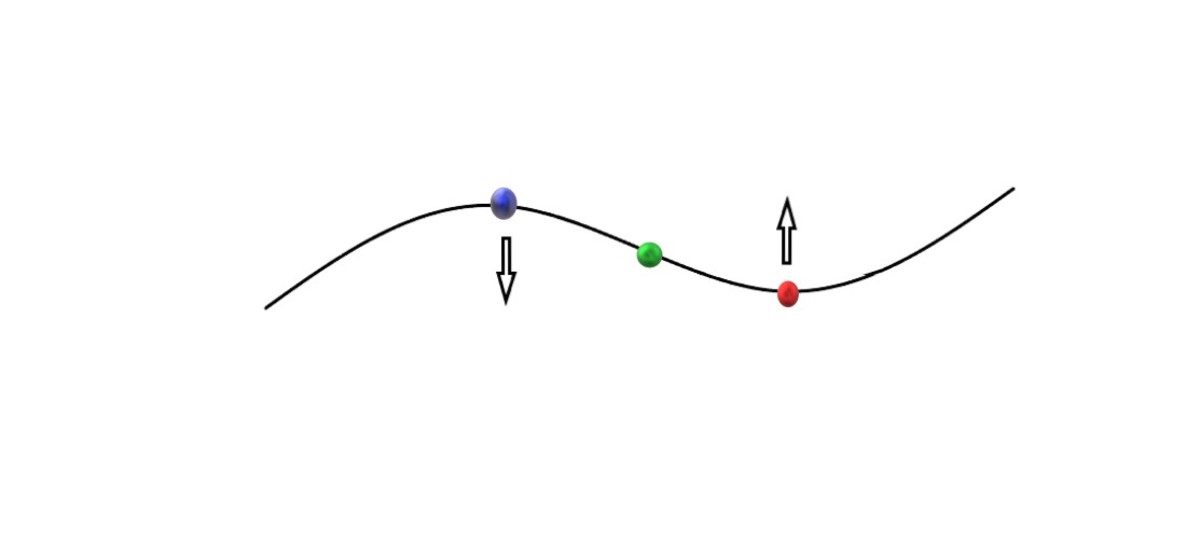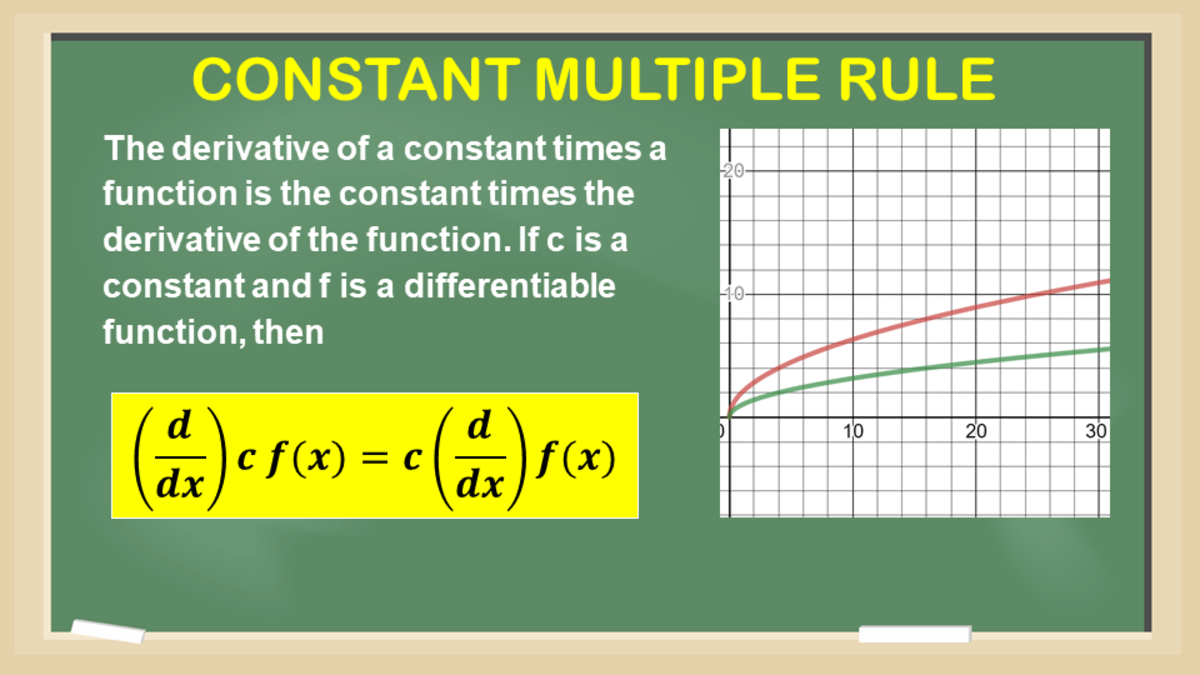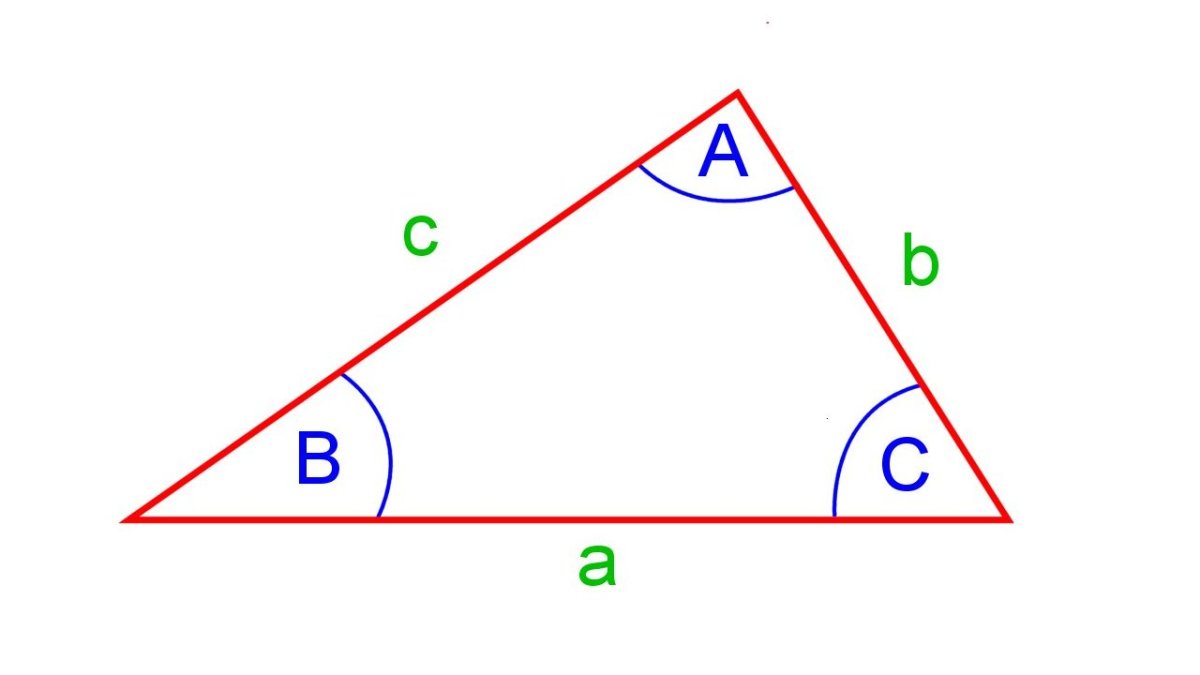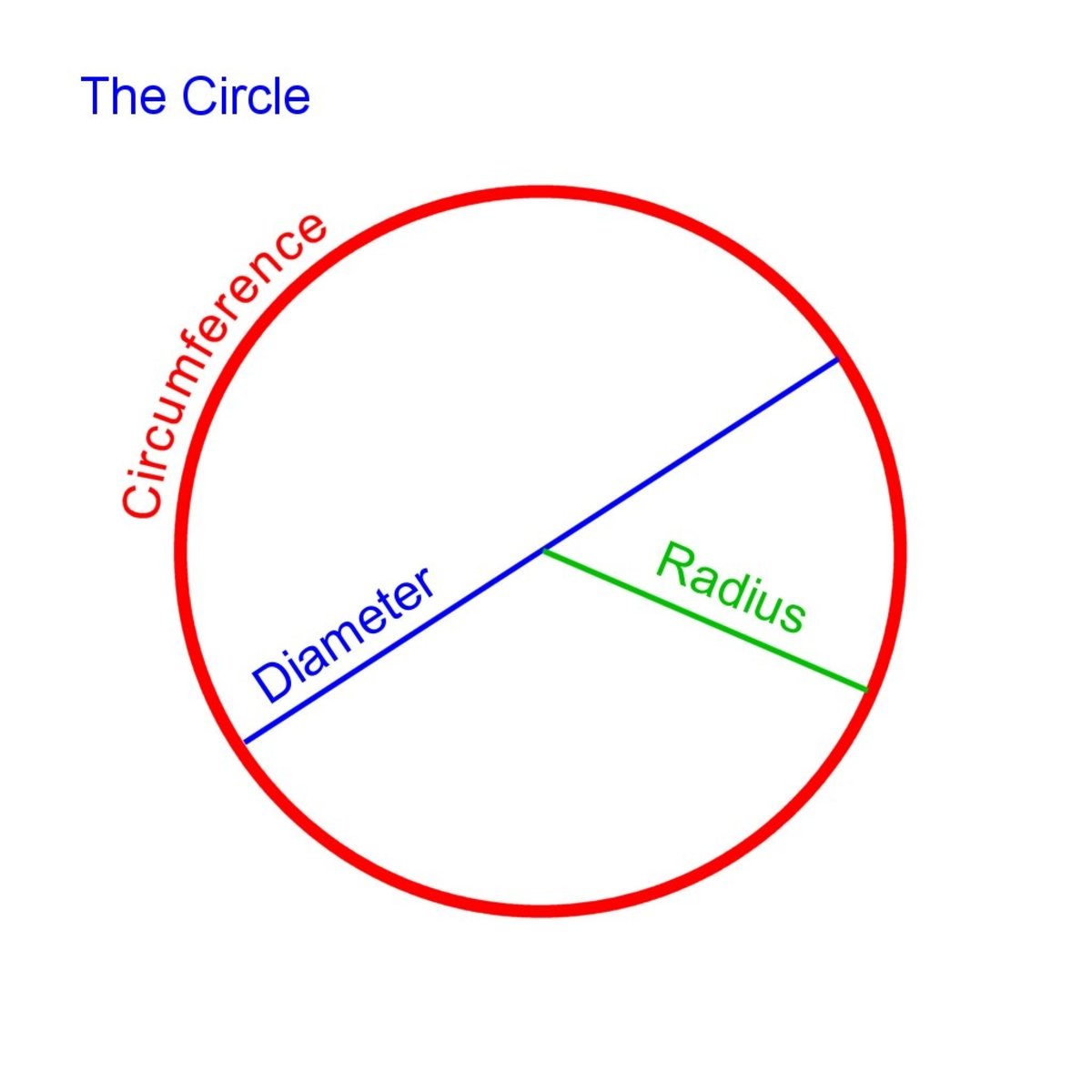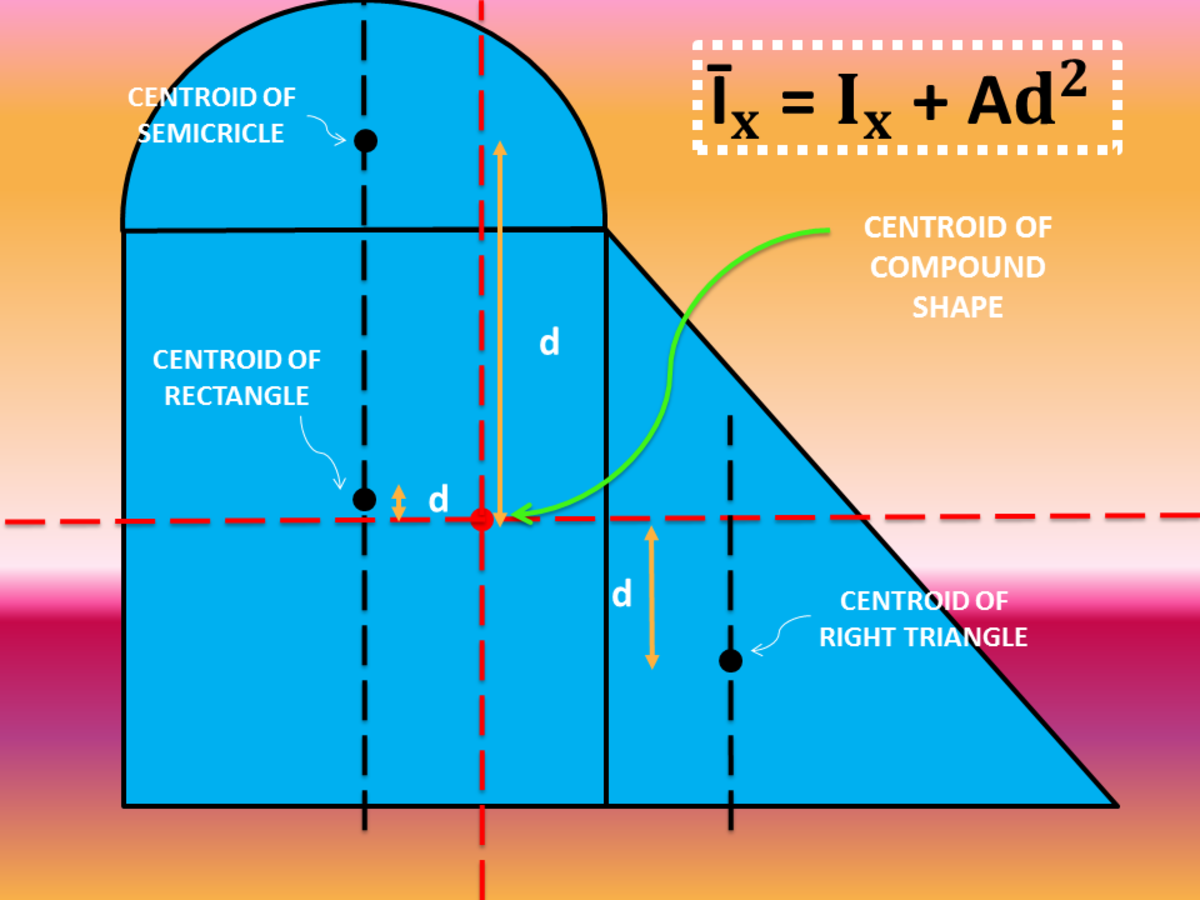The derivatives of (sinx)^2 (cosx)^2 and (tanx)^2 - proofs of sin, cos and tan squared x.
In this hub you will learn how to find the derivate of sin²x, cos²x and tan²x.
Let’s start off with sin²x
The easiest way to do this is by the chain rule (use when you have a function of a function)
Let y = u² and u = sinx.
Now if you find the derivative of both of these you get dy/du = 2u and du/dx = cosx
So if you multiply both of these derivatives together you will get dy/dx.
dy/dx = dy/du × du/dx
= 2u × cosx.
Finally, substitute u = sinx into the above and simplify:
= 2 × sinx × cosx
=2sinxcosx.
Now 2sinxcosx is the same as sin2x:
So dy/dx = sin2x.
Let’s move on now and find the derivative of cos²x.
Again use the chain rule:
Let y = u² and u = cosx.
Now if you find the derivative of both of these you get dy/du = 2u and du/dx = -sinx
So if you multiply both of these derivatives together you will get dy/dx.
dy/dx = dy/du × du/dx
= 2u × -sinx.
Finally, substitute u = cosx into the above and simplify:
= 2 × cosx × -sinx
=-2sinxcosx or (-2sinx)
Finally let’s find the derivative of tan²x. Again, use the chain rule:
Let y = u² and u = tanx.
Now if you find the derivative of both of these you get dy/du = 2u and du/dx = sec²x (the derivative of tanx is sec²x)
So if you multiply both of these derivatives together you will get dy/dx.
dy/dx = dy/du × du/dx
= 2u × sec²x.
Finally, substitute u = cosx into the above and simplify:
= 2 × tanx × sec²x
=2tanxsec²x
So the 3 derivative for sin²x, cos²x and tan²x are:
y = sin²x differentiates to dy/dx = sin2x
y = cos²x differentiates to dy/dx = –sin2x
y = tan²x differentiates to dy/dx = 2tanxsec²x



